South Africa
His name remains engraved on people's memories nearly half a century later. South African authorities on Friday have reopened the investigation into the death of Steve Biko, exactly 48 years after police killed the anti-apartheid activist in detention.
The main goal of reopening the investigation is "to lay before the court evidence that will enable the court to make a finding [...] as to whether the death was brought about by any act, or omission, which prima facie involves or amounts, to an offence on the part of any person," the National Prosecuting Authority (NPA) said in a Wednesday statement.
Stephen Bantu Biko was the founder of South Africa’s grassroots anti-apartheid Black Consciousness Movement.
He was just 30 years old when he was arrested in August 1977 and jailed in Pretoria. A month later, he died from extensive brain injury in his prison cell after police officers beat him into a coma.
His death sparked outrage even beyond South Africa. Over the next 48 years, Biko became a symbol for Black liberation and his country’s anti-apartheid struggle.
An initial 1977 investigation cleared police of any wrongdoing and prosecutors declined to pursue legal proceedings.
During the Truth and Reconciliation Commission in 1997, police officers confessed to having assaulted the activist. Authorities denied their request for amnesty, but they still escaped prosecution.
The NPA said the investigation’s reopening is part of wider efforts "to address the atrocities of the past and assist in providing closure to the Biko family and society at large."
In April, South African President Cyril Ramaphosa ordered an inquiry to establish whether previous governments led by his African National Congress party intentionally blocked investigations and prosecutions of apartheid-era crimes.




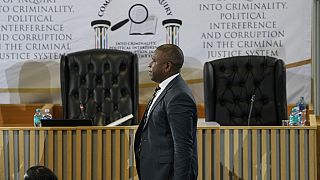
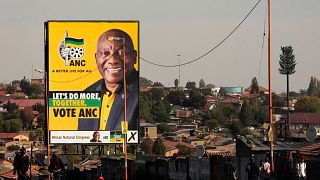




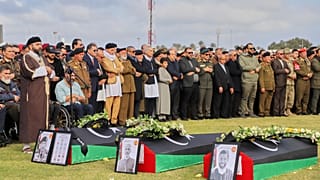
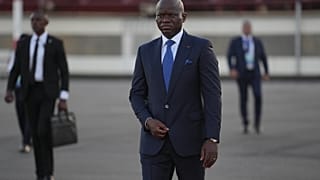
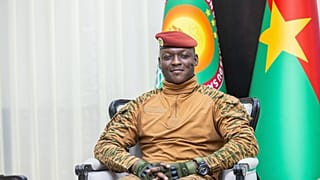
01:12
Senegal: Ousmane Sonko's lawyers request review of defamation trial
01:05
Court ruling looms in high-stakes dispute between PSG and Kylian Mbappé
Go to video
9 African migrants died in freezing temperatures near Morocco-Algeria border
01:13
Hollywood filmmaker Rob Reiner and wife found dead in Los Angeles home
01:43
Fuel tanker explosion kills at least eight people in Cameroon
01:05
Senegal to suspend all extraditions to France